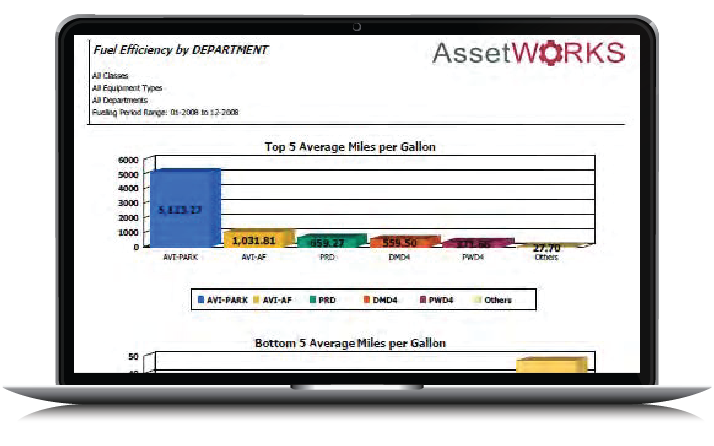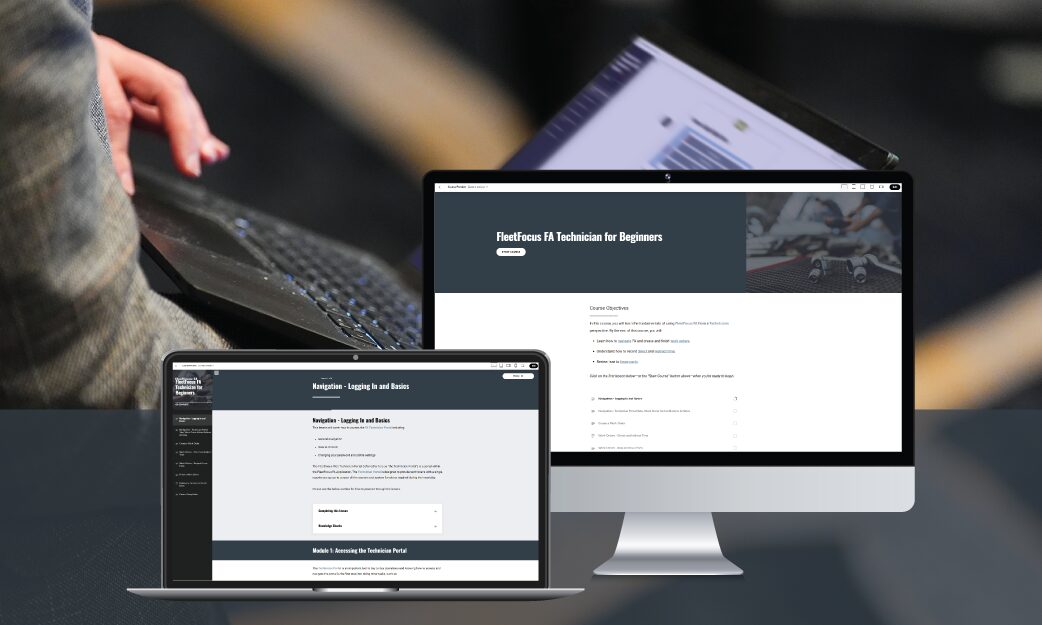Efficient fleet management is the backbone of a smooth-operating business. For fleet managers, enhancing efficiency isn’t just about meeting deadlines; it’s also about reducing costs, minimizing downtime, and ensuring safety on the road. But the challenge is clear—with rising fuel costs, increasing maintenance expenses, and the pressing need for sustainability, finding cost-effective strategies can feel overwhelming.
The good news? Achieving fleet efficiency doesn’t have to come at a steep price. By leveraging the right tools and well-thought-out practices, you can maximize your fleet’s performance and budget effectively. Below, we explore four proven methods to elevate your fleet operations without overspending.
1. Leverage Route Optimization Software
Efficient routing is the foundation of any successful fleet.
Route optimization software offers the technology to calculate the fastest and most efficient routes for drivers. By reducing travel distances and idle times, you save on fuel consumption while keeping your drivers on schedule. These systems can also adjust routes in real time to account for traffic, weather, or unforeseen roadblocks, keeping your operations adaptive and agile.
Benefits of Route Optimization Software:
- Reduced Fuel Consumption: Save money by cutting unnecessary miles and stops.
- Shorter Routes: Lower wear and tear on vehicles, extending their lifespan.
- Real-Time Adjustments: Eliminate delays caused by changing conditions.
Tips for Success:
- Choose the Right Software: Look for programs that integrate seamlessly with your existing fleet management system, offer user-friendly dashboards, and come with customer support.
- Train Your Team: Ensure drivers and dispatchers receive proper training to maximize the tool’s capabilities.
- Monitor Results: Use built-in analytics and reporting tools to measure the efficiency gains after implementation.
Optimizing routes not only slashes fuel costs but also enhances driver productivity, ensuring each mile counts.
2. Develop Driver Training Programs
Your drivers are the heart of your fleet, and their habits directly impact efficiency.
Well-trained drivers can significantly reduce fuel consumption, decrease vehicle wear, and minimize accidents. A comprehensive driver training program equips your team with the skills they need to improve not just their own safety but also your fleet’s bottom line.
Benefits of Enhanced Driver Training:
- Improved Driving Habits: Techniques like eco-driving reduce fuel waste and harsh braking.
- Reduced Accidents: Safer drivers mean fewer incidents, saving on repair and insurance costs.
- Higher Fuel Efficiency: Knowledge of optimal gear usage and ideal speeds enhances performance.
Tips for Success:
- Design Tailored Programs: Focus on areas like fuel-efficient driving, defensive techniques, and handling emergencies.
- Leverage Telematics Data: Use tools to monitor driver behavior and provide actionable feedback during training.
- Measure Performance: Track improvements through metrics like a drop in fuel usage or fewer safety incidents.
Investing in your drivers through training pays dividends, turning them into valuable assets for your fleet operations.
3. Prioritize Regular Vehicle Maintenance
Proactive maintenance is the key to preventing costly downtime.
Vehicles operating at peak condition are safer, more reliable, and far more efficient. Regular servicing and checkups, guided by a structured maintenance schedule, catch potential issues before they escalate. This means avoiding emergency repairs that take both time and money to resolve.
Benefits of Regular Maintenance:
- Prevent Costly Repairs: Address small issues before they become major expenses.
- Extend Vehicle Lifespan: Keep your fleet running longer with well-maintained systems.
- Ensure Safety: Well-maintained vehicles are less likely to experience failures on the road.
Tips for Success:
- Create a Maintenance Schedule: Track each vehicle’s mileage, wear, and inspection dates to stay consistent.
- Use Telematics for Diagnostics: Telematics tools provide real-time data on engine performance, ensuring nothing is overlooked.
- Standardize Processes: Develop a checklist for drivers to report wear or malfunction immediately after their trips.
Platforms like AssetWorks GPS provide robust solutions for streamlining maintenance activities. Their state-of-the-art telematics solutions ensure you catch potential issues as soon as they arise.
Proactive maintenance isn’t just about keeping your fleet running smoothly; it’s an investment in safety and long-term savings.
4. Implement Fuel Management Strategies
Your fuel budget doesn’t need to be a source of stress.
Fuel is one of the highest expenses for fleet managers, but adopting strategic fuel management practices can result in significant savings. By closely monitoring fuel usage, setting benchmarks, and adopting sustainable driving techniques, you can drastically reduce waste and stay within your budget.
Benefits of Fuel Management:
- Lower Fuel Costs: Identify and eliminate wasteful fuel usage.
- Accurate Budgeting: Gain visibility into fuel expenses to make better financial decisions.
- Eco-Friendly Operations: Combine reduced fuel consumption with greener driving initiatives.
Tips for Success:
- Adopt a Fuel Card Program: With programs like AssetWorks FuelFocus, you can track fuel purchases and usage in real-time to prevent excess.
- Monitor Driver Behavior: Tools like telematics systems highlight fuel-wasting habits like speeding or excessive idling.
- Promote Eco-Driving Techniques: Encourage smooth acceleration, moderate speeds, and eliminating unnecessary stops.
AssetWorks’ FuelFocus software is an invaluable tool for fleet managers. It simplifies fuel monitoring, ensures compliance, and equips your fleet with actionable insights on consumption patterns.
Fuel management strategies aren’t just about saving money; they’re about creating sustainable practices that are better for your business and the planet.

Efficiency Isn’t Optional, It’s Essential
Today’s fleet managers face mounting pressures to reduce costs, streamline operations, and ensure sustainability. The key to overcoming these challenges is efficiency. By adopting route optimization software, driver training programs, regular maintenance practices, and fuel management strategies, you can transform your fleet into a well-oiled, cost-effective machine.
Looking to enhance your fleet’s efficiency even further? Explore how AssetWorks FuelFocus can provide your operation with all the tools it needs to master fuel management and drive performance.
Your fleet deserves the best, and so do your bottom-line results. Take the first step today.












